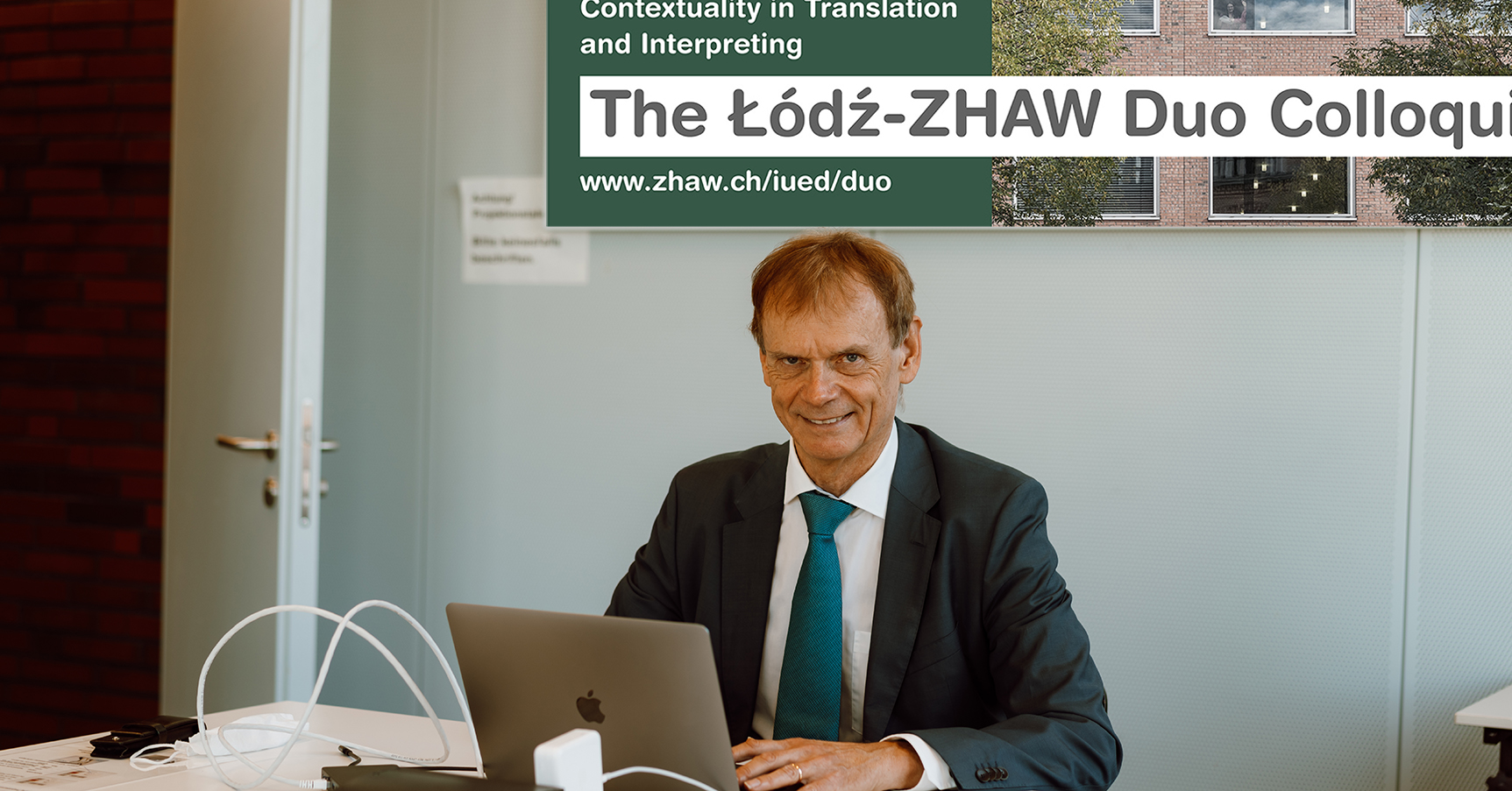An awareness of context is crucial whenever and wherever language mediation takes place. Knowing who the target audience is and understanding their needs allows translators, interpreters and other language professionals to shape their messages in a way that optimizes communication. The ZHAW session of the Łódź-ZHAW Duo Colloquium in September 2021 explored the importance of context and contextuality with a focus on real-world problems and challenges in the language industry, whereas the session in Łódź in late 2020 was devoted to more academic and theoretical considerations. From the many interesting discussions, this blog entry focuses on four key areas that emerged as central as the language mediation professions move forward.
By Maureen Ehrensberger-Dow, Professor of Translation Studies at the IUED Institute of Translation and Interpreting
The new academic year at the ZHAW Institute of Translation and Interpreting (IUED) kicked off with the Winterthur session of the Łódź-ZHAW Duo Colloquium 2020/2021 on Translation and Meaning from 2-3 September, the first session having taking place last December in Łódź. In addition to four keynotes and a roundtable, the 120 registered participants had a choice of over 30 interesting presentations to choose from. A duo of extremely competent IUED staff members (Alexa Lintner and Romina Schaub-Torsello) organised everything in the lead-up to and during the two-day online session itself, which guaranteed a stimulating and rewarding event for everyone.
Contextuality in Translation and Interpreting
The Duo Colloquium on Translation and Meaning is a successor to the internationally acclaimed event with the same concept, organised in Maastricht and Łódź from 1990 to 2015. Rather than giving up on the concept of a Duo Colloquium when Maastricht could no longer serve as host, colleagues from Łódź invited the IUED to be the new co-organiser. The ZHAW session of the Duo Colloquium 2020/2021 had an industry-oriented focus on the theme “Contextuality in Translation and Interpreting”. Contextuality can be understood at any level, from the geopolitical context to the textual level of argumentation and choice of words, and embraces both academic and professional considerations of translation and interpreting phenomena. The sub-themes of the Duo Colloquium 2020/2021 concerned the context(s) and/or decontextualisation in translation and interpreting theory and practice, embracing both academic and professional considerations of meaning in translation and interpreting from a variety of disciplinary, interdisciplinary and transdisciplinary perspectives.
Understanding context
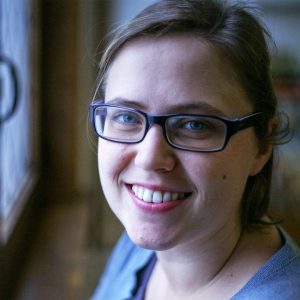

The first keynote of the ZHAW session, entitled “Unpacking the context of emerging practices in AVT/media accessibility”, was presented by Nina Reviers on behalf of herself and Aline Remael, both from the University of Antwerp. Nina highlighted the importance of context in audiovisual translation by focusing on the role of users, translation and social action in making media more accessible to wider audiences. Understanding context was also central to the second keynote by Piotr Cap from the University of Łódź, who provided insights into the challenges of translating academic research, specifically in his area of Critical Discourse Studies. Because of the key importance of language use in that discipline, meaning making can be shifted by cross-linguistic choices in the analysis of the ideological, persuasive and manipulative potential of discourse. The lessons from both keynotes from the first day of the session are relevant to many other areas of translation theory and practice.
Crisis translation and interpreting
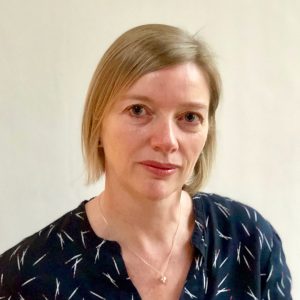
On the second day of the ZHAW session, Sharon O’Brien from Dublin City University provided some valuable lessons on the crucial role of translation and interpreting during crisis situations. Sharon drew on typical experiences of immigrants and visitors to Ireland during the COVID-19 pandemic to explain how the availability of translation functions to reduce risk and build resilience in crisis contexts. Access to timely and contextually accurate information in the appropriate language is crucial for people in multilingual societies to stay safe or seek help when needed. Governments may not be as prepared as they should or could be, but a crisis-translation maturity model might help them get there.
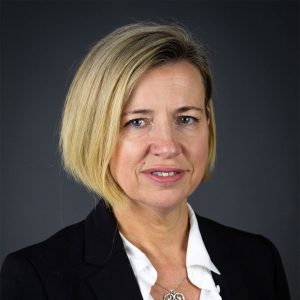

In the fourth keynote of the session, Alison Graves and Mads Nyegaard Outzen from the European Parliament Directorates responsible for language services outlined some of the new contexts that have been created for language professionals. Alison discussed the constraints on interpreting service provision due to the pandemic and solutions that are sure to have long-term effects on the interpreting profession as well as communication within the EU institutions. Mads focused on the push to produce clear language for EU citizens and the new opportunities opening up for language professionals.
Future directions in language mediation
The roundtable at the end of the session was moderated by Gary Massey in his dual roles of Director of the IUED and the chair of the ZHAW session of the Duo Colloquium 2020-2021. Clearly comfortable at the intersection of the language industry and academe, he posed challenging questions that the keynote speakers addressed and discussed with Florian Faes, a graduate of the IUED and co-founder of Slator, an organisation that monitors and publishes reports on the international language industry. The consensus of the roundtable discussion was that changes in various language industries are creating new roles and contexts for language professionals. Closer collaboration of industry and public institutions with the universities that teach translation, interpreting and other forms of language mediation will ensure that talent can grow in the right directions.
The well-attended presentations over the two days of the ZHAW session of the Duo Colloquium 2020-2021 provided the participants with insights into the directions that professions in language mediation might take. The topics dealt with in the various panels ranged from how to best foster the new competences that will empower language mediators to tackle the work ahead to how to exploit the benefits and recognise the risks associated with machine translation (i.e. MT literacy). From game localisation to literary translation, all types of language mediation require an appreciation of the respective context to guarantee that the message is conveyed and that real communication takes place. This is one of the most important aspects of added value that language professionals bring to translation and interpreting tasks of all kinds.
Read more blog posts
- Translation, diversification and corporate communications
- COVID-19 and the Language Industry
- NMT, post-editing and evolving translator profiles
- Frauen sind Frauen – oder: Warum es bei der Übersetzung Menschen braucht
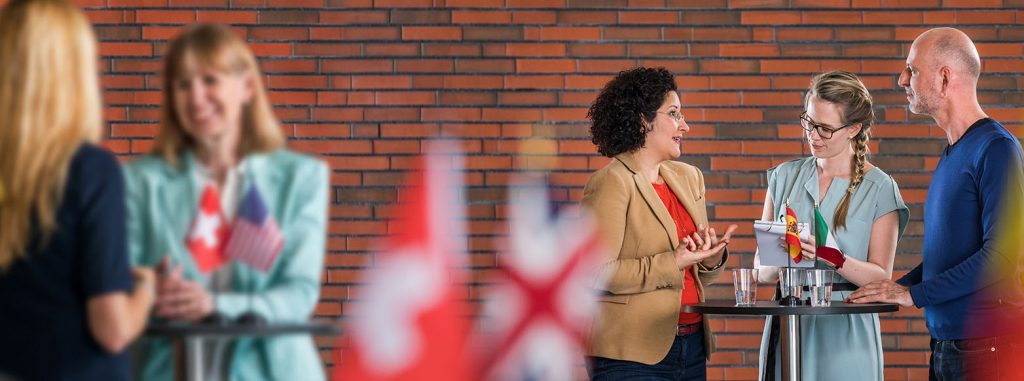
The IUED Institute of Translation and Interpretingis the ZHAW competence centre for multilingualism and language mediation. It is actively engaged in conducting research, offering degree programmes and continuing education courses, and in providing services and consulting in these fields.
The BA in Applied Languages and the specialisations in Professional Translation and Conference Interpreting within the MA in Applied Linguistics are practice-focused degree programs for the communication experts of tomorrow. The IUED has a strong international reputation. It is a member of prestigious international networks, such as CIUTI and EMT, and it has close ties (link in German only) with institutes and universities in Switzerland and abroad.
